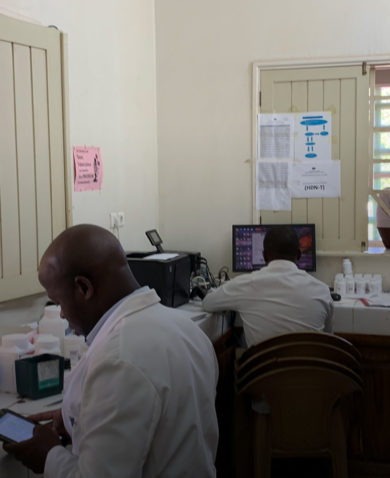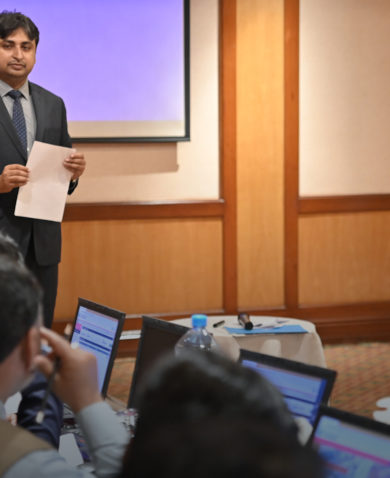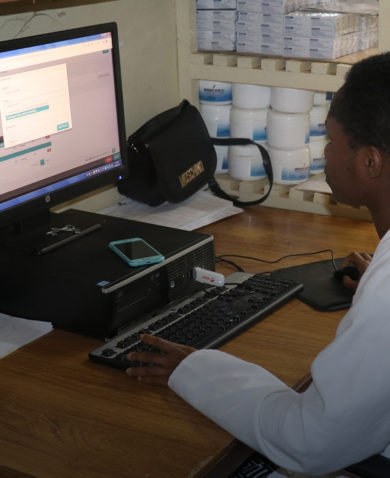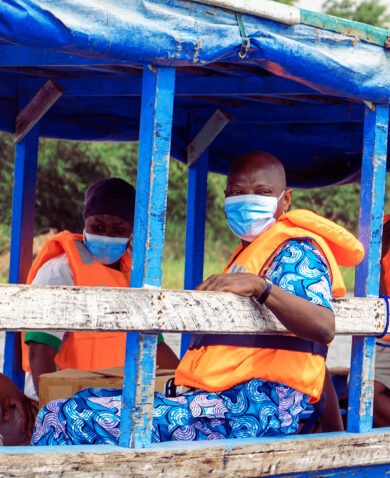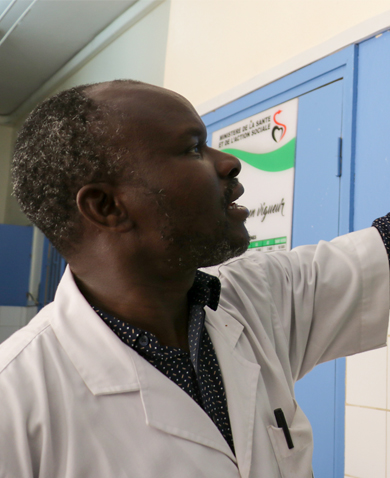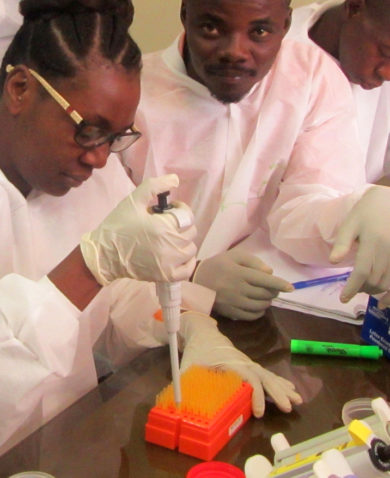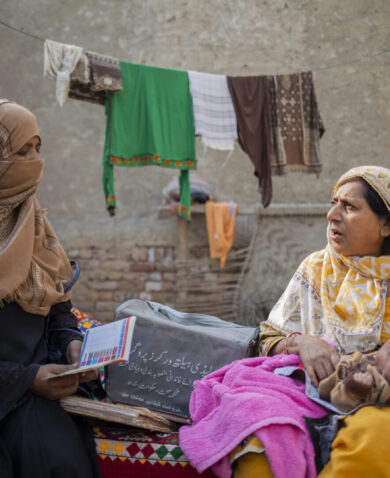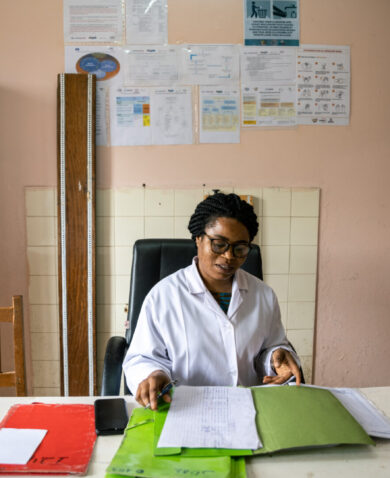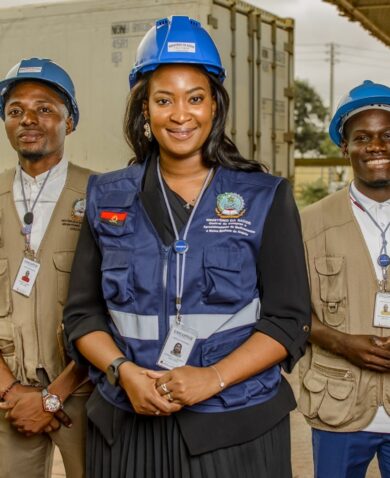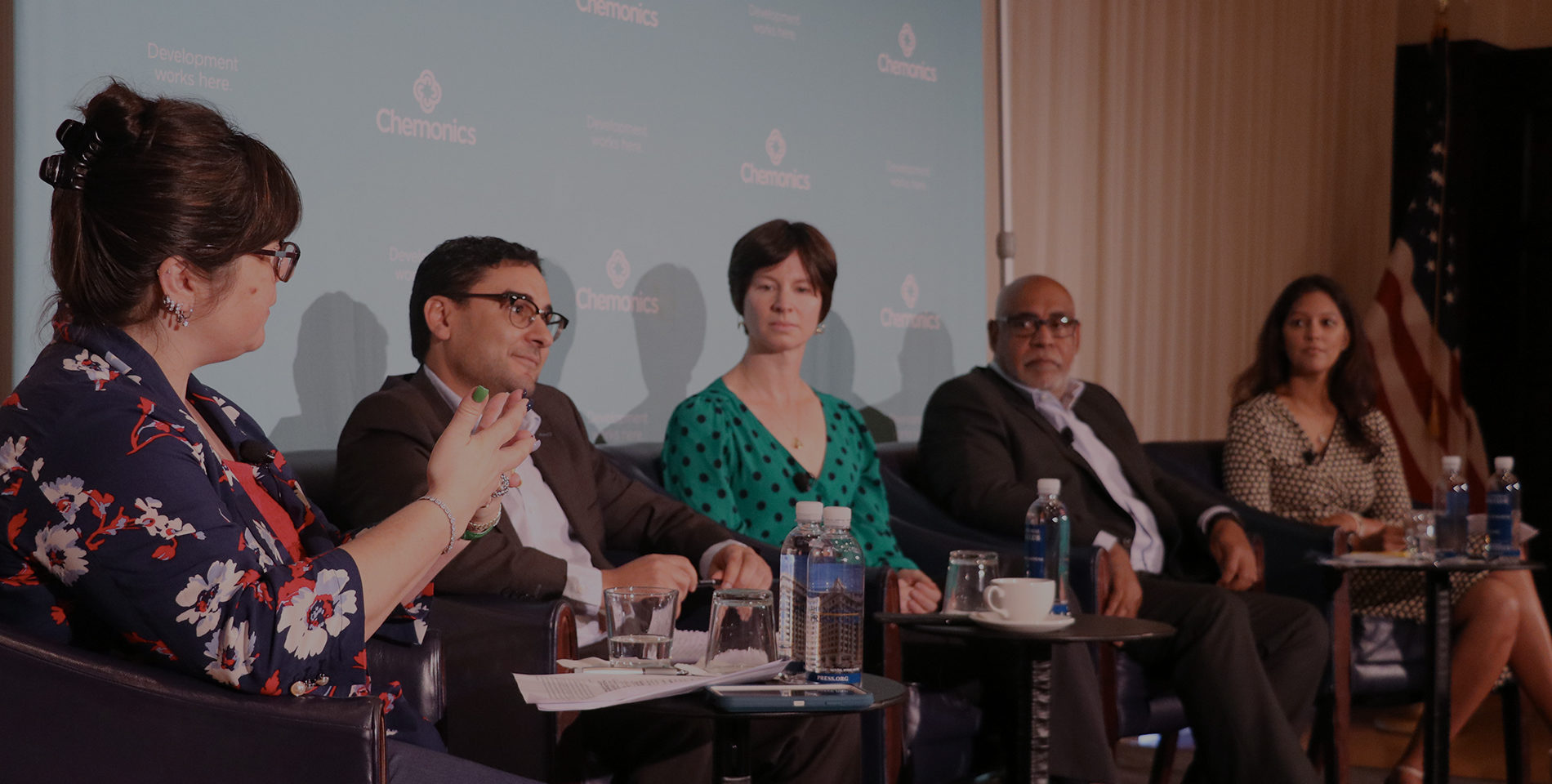
Chemonics News
News: Chemonics Explores Practical Applications of Health Systems Thinking in Action
September 24, 2019 | 3 Minute ReadChemonics hosted a two-part panel series exploring health systems thinking in global health programming. The first panel took a critical look at health systems thinking on March 14, 2019. The second panel, described below, explored the practical applications
On September 19, Chemonics hosted Beyond Building Blocks, Part II: Health Systems Thinking in Action to explore how health systems thinking is applied in different programs and at different levels to foster a better understanding of the complex interconnectivity of health systems interventions. Held at the National Press Club in Washington, D.C., the event applied learning from the first part of the panel series, Beyond Building Blocks: A Critical Look at Health Systems Thinking, and delved into practical methods and tools for global health implementers to infuse systems thinking into their programs to improve project effectiveness and achieve sustainable health outcomes.
USAID Human Resources for Health in 2030 (HRH2030) Project Director Wanda Jaskiewicz moderated the discussion. The panel featured Deborah Kaliel, acting branch chief at USAID’s Bureau for Global Health, Office of HIV/AIDS; Charles Abani, director, Africa Programme Development at Chemonics’ United Kingdom Division; Eddine Sarroukh, senior advisor on Innovation & Technology at the U.N. Kenya Resident Coordinator’s Office; and Tanvi Pandit-Rajani, senior strategy lead at John Snow Inc. (JSI). The panelists addressed questions about how development actors are using systems thinking in global health programming and some of the challenges and solutions they have found while applying systems thinking in action.
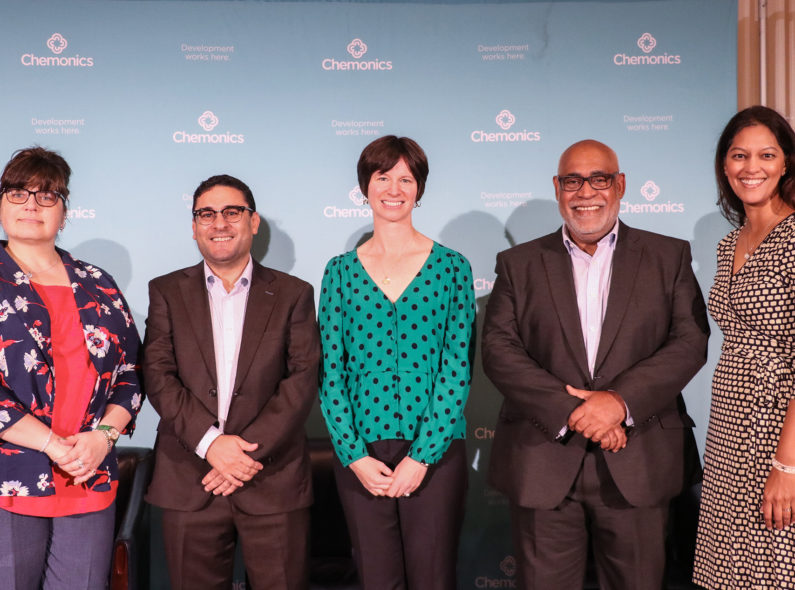
The panelists offered examples of how they have used health system thinking, drawing from their experiences with USAID, the U.N. Kenya Resident Coordinator’s Office, Philips, JSI, and Chemonics. Their insights sparked discussion about specific models and approaches to build resilient health programming that aligns with USAID’s Journey to Self-Reliance. Mr. Sarroukh emphasized the critical roles that local stakeholders and private sector partners played while he established the Philips Africa Innovation Hub in Kenya prior to joining the U.N. Kenya Resident Coordinator’s Office. Ms. Kaliel provided a donor perspective on some of the challenges she has found while using systems thinking in USAID’s HIV/AIDS programming and the U.S. President’s Emergency Plan for AIDS Relief’s (PEPFAR’s) focus on data.
“Health systems thinking allows us to bring people who wouldn’t normally work together and give them a voice. This is how we build sustainability,” said Ms. Pandit-Rajani about the use of health systems to ensure sustainability and resiliency of health programming, informed by her experience on the Advancing Partners and Communities Project at JSI.
More than 70 people attended the panel discussion, and more than 750 people from around the world have since viewed the event via Facebook. Online and live participants asked panelists about the innovative ways in which they have applied this thinking in their own programming, how to adapt health systems thinking to different contexts, and what the best practices are to ensure local-level voices are incorporated into policy at the national level.
The panel provided an opportunity for Chemonics to showcase its success implementing a systems thinking approach. Mr. Abani discussed his experience leading the USAID Strengthening Advocacy and Civic Engagement program in Nigeria, which used systems thinking to advocate for policy change at a national level by engaging the Nigerian government, civil society organizations, and the public.
“Strategic partnerships are important, but also it is working with communities and creating feedback loops,” Mr. Abani said. Ms. Kaliel agreed with Mr. Abani’s comments on the importance of gathering qualitative data from communities to inform health systems strategies, and she explained how this was essential to developing and using PEPFAR’s data dashboards in the Country Operational Plan process.
Both panels presented a distinctive point of view on why health systems thinking is an important approach to fostering resilient health services and the methods behind its application to global health programming.

Watch the recorded webcast of Part II of the event here and of Part I here. For more information on health systems thinking, follow #HealthSystems on Twitter.









